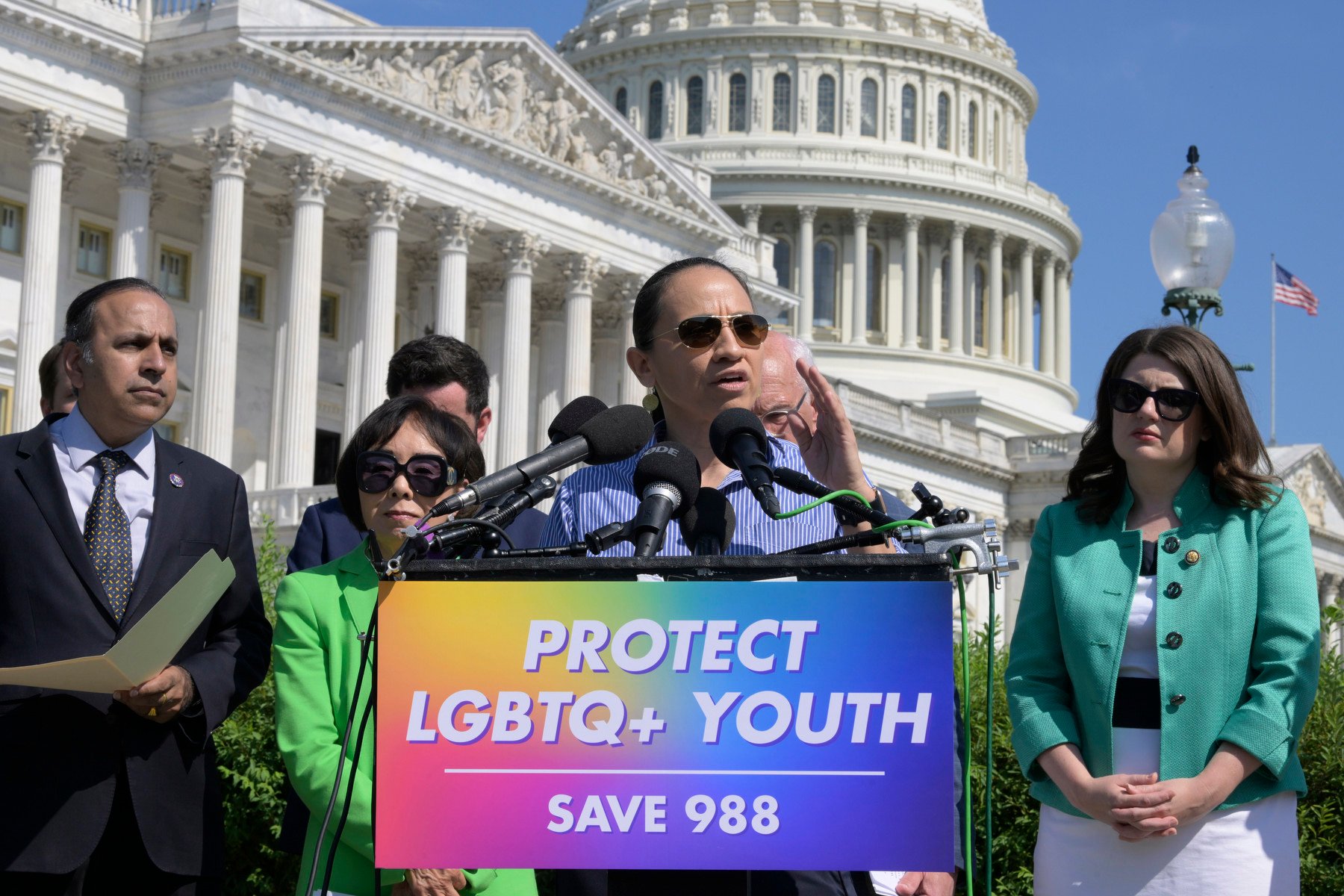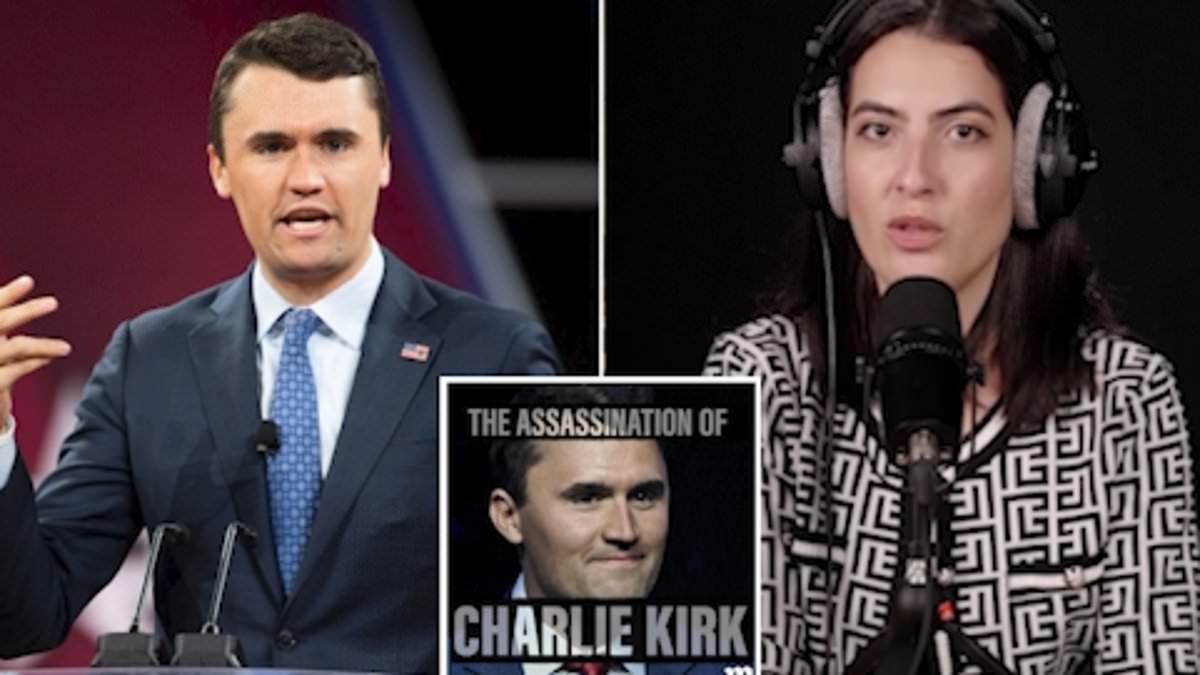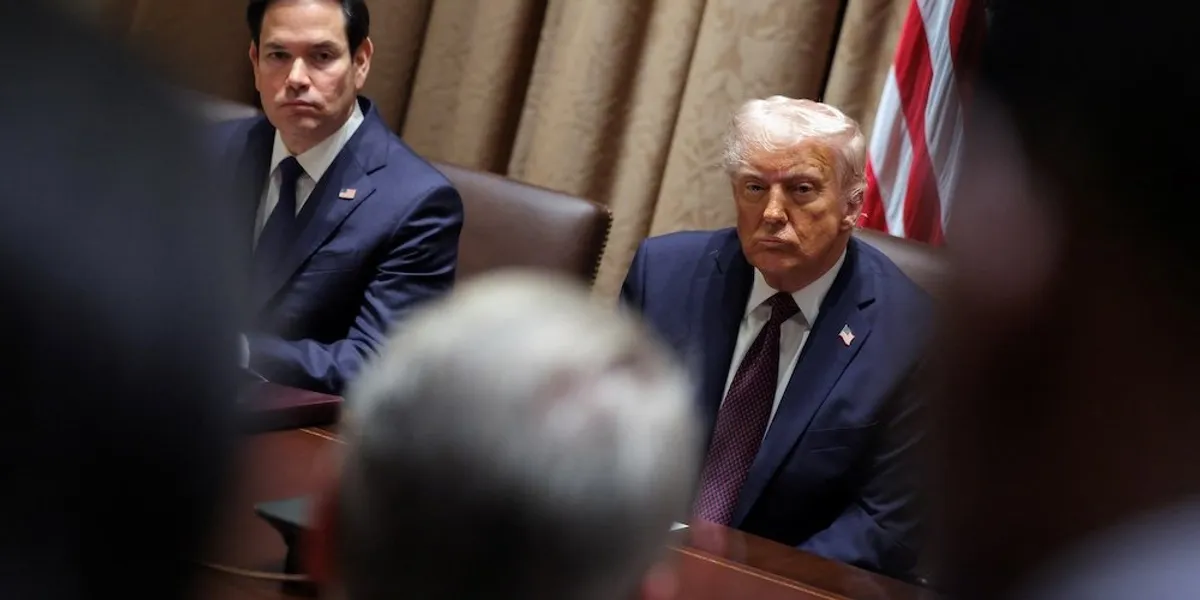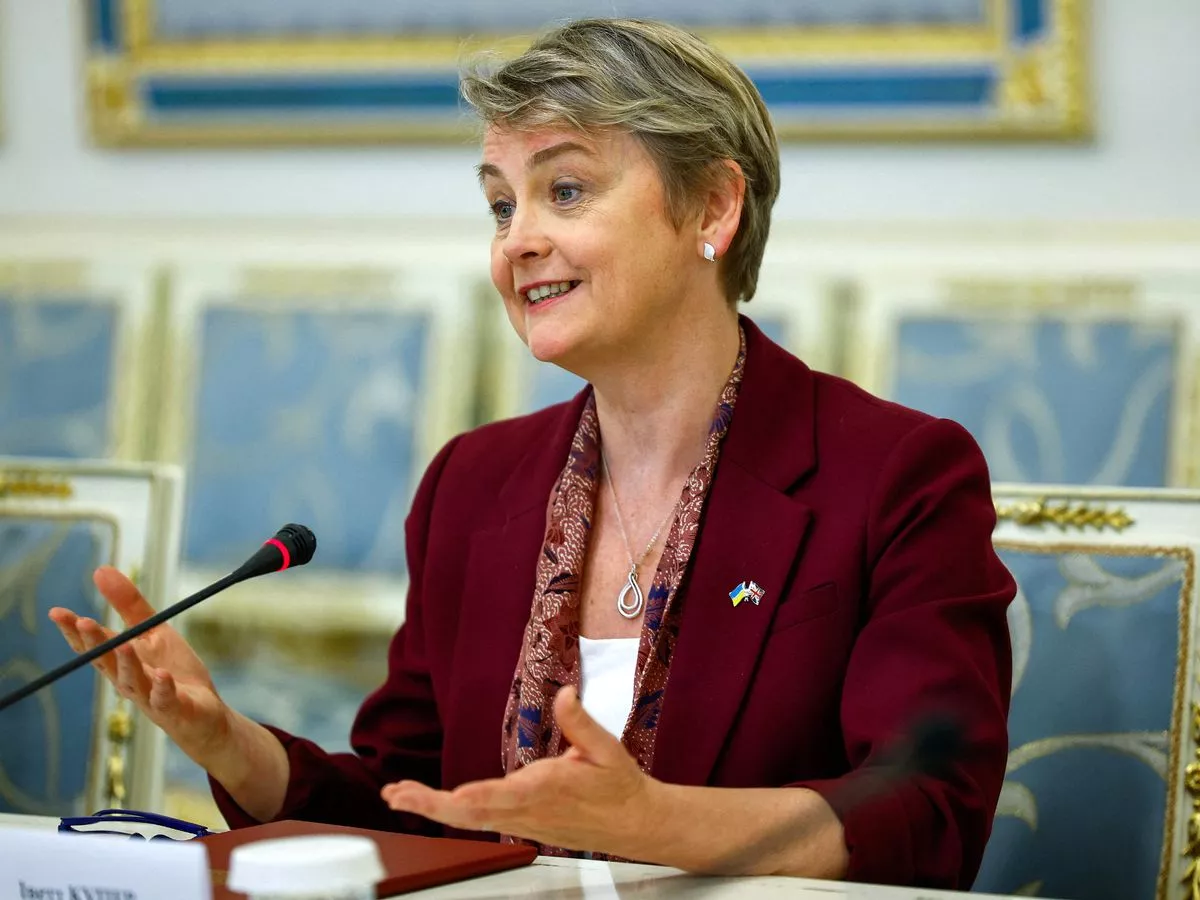By Lauren Del Fabbro
Copyright standard
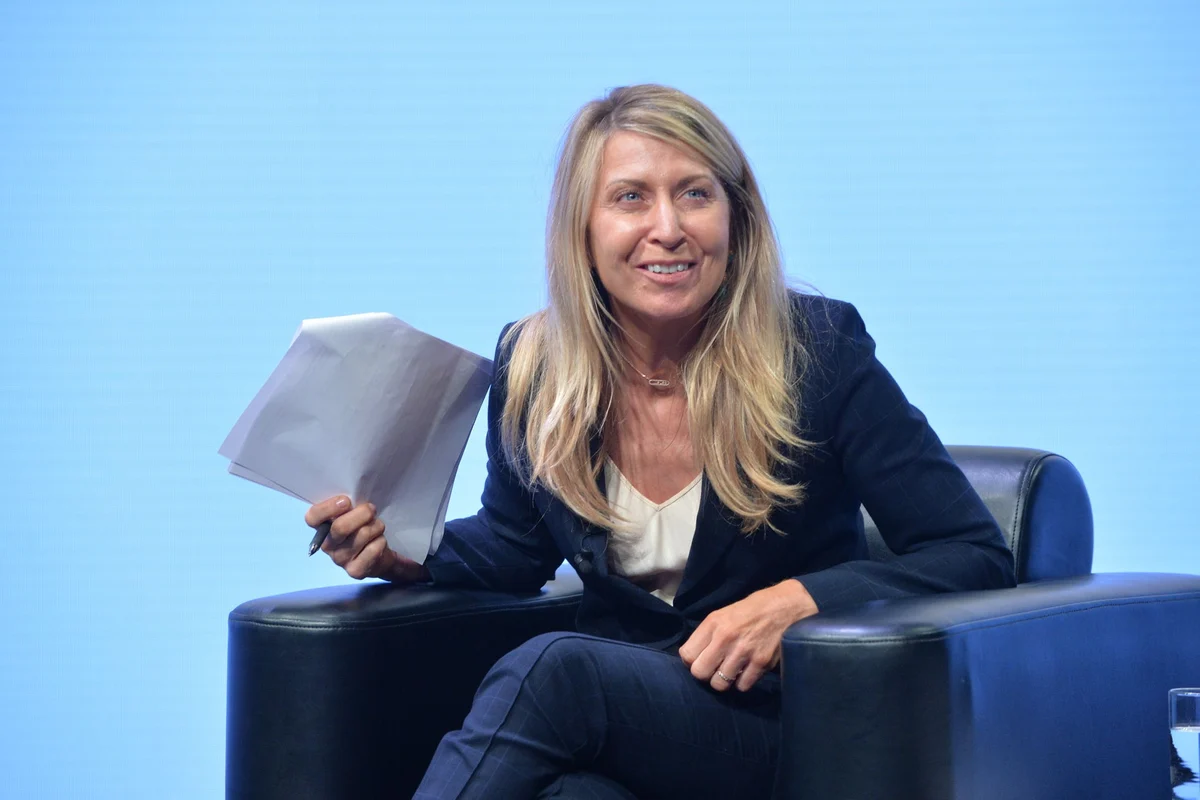
BBC News’s chief executive, Deborah Turness, has said the broadcaster must act as a “town square” for the UK.
Speaking about the role of the broadcaster and the criticism it receives at the Royal Television Society Convention in Cambridge on Thursday, Ms Turness said the BBC does not judge political discourse but rather is responsible for reflecting it and hosting a wider conversation for the public.
It comes after the broadcaster faced a string of scandals and criticisms over the past year, including for its live coverage of rap duo Bob Vylan at Glastonbury and for pulling a Gaza documentary after it emerged that the 13-year-old narrator was the son of a Hamas official.
Ms Turness said: “The BBC is paid for by all the people and the BBC must be for all the people.
“And that is about saying, how can we reflect the fragmentation of our politics? The broader spectrum of political discussion and debate – which every single week seems to get wider.
“We’re here to report that, to reflect it, but not to judge it.
“And we’re here to host that conversation, and to be the UK town square, if you like, where we can have those conversations and hopefully to do so in agreeable disagreement. And that’s our job.”
When asked about whether impartial journalism still exists and how to sustain it when dealing with contentious topics, Ms Turness added: “Impartiality is needed now more than ever.
“I think that the BBC’s role is the pursuit of truth with no agenda.
“One of the hardest things that we are contending with is the fact that not only are people consuming so much of their content in social media feeds where the algorithm is given more of what already confirms, perhaps their own view of the world, but people will subscribe also to media feeds and brands which also probably support their view of the world. And that when people then meet an impartial source of news, it can feel like a challenge to their own values, because they’re not necessarily so accustomed to reading that, and I think that’s something we really have to think about.”
The comments come before the Government review of the BBC’s charter, which looks at how it should be funded, after it committed to increasing the licence fee in line with inflation each year until 2027.
The charter sets out “the BBC’s object, mission and public purposes” as well as how it is funded, and the current charter began in January 2017, with renewal conversations already taking place before its expiration in December 2027.
